Search
Search within Resources
1447 results found
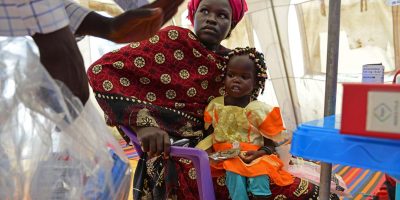
Briefing
Impact of Aid for Health and Education on Gender Equity and Human Development
Initial high human development index scores and per capita income have a strong impact on the outcomes of aid to the health and education sectors.An increase in the share of the government budget allocated to education and health improves overall…
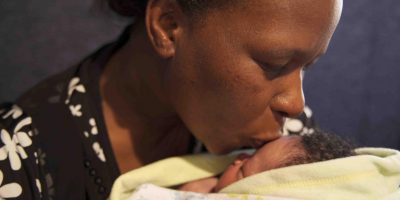
Evidence review
Poor Health Reporting. Do Poor South Africans Underestimate Their Health Needs?
Researchers often rely on household survey data to investigate health disparities and the incidence and prevalence of illness. These self-reported health measures are often biased due to information asymmetry or differences in reference groups. Using the World Health Organization study…
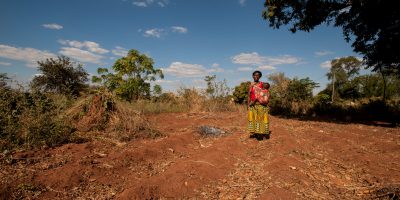
Evidence review
Changes in Climatic Factors and Malaria in Uganda
The study examines the relationship between climatic factors and reported malaria cases using data from 12 districts in Uganda over the period 2000-2011. A panel dataset comprising temperature, temperature standard deviation; minimum humidity; maximum humidity; precipitation; precipitation standard deviation; malaria…
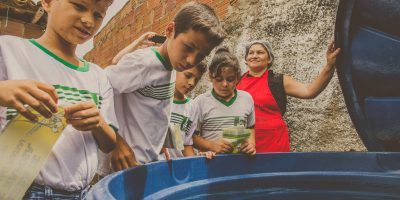
Evidence review
The Economics of Malaria in Africa
Malaria still claims a heavy human and economic toll, specifically in sub-Saharan Africa. Even though the causality between malaria and poverty is presumably bi-directional, malaria plays a role in the economic difficulties of the region. This article provides an analysis…
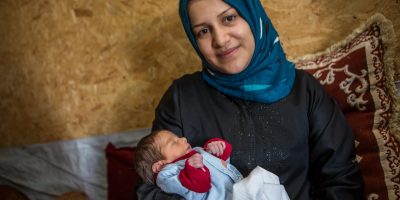
Briefing
Responding to Crises: What Can We Do? What’s Next?
Although sometimes over used, the word ‘crisis’ accurately describes many challenges of today’s world, such as climage change, war and refugees, economic volatility, pandemics, and the continuing unmet needs of the poor, hungry, and neglected. While much has been achieved — in…
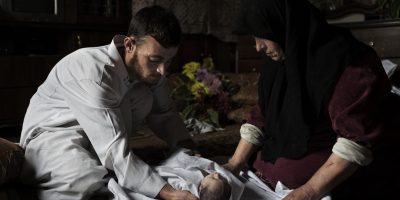
Evidence review
Impact of Post-Conflict Development Interventions on Maternal Healthcare Utilization
We evaluate the effectiveness of a post-conflict development programme on maternal health-care utilization in the Chittagong Hill Tracts of Bangladesh. Our work varies from conventional impact evaluation studies because of the inclusion of two post-conflict psychosocial risks: the household’s actual…
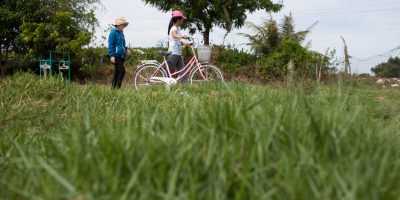
Evidence review
Income and Malaria. Evidence from an Agricultural Intervention in Uganda
We exploit a spatial discontinuity in the coverage of an agricultural extension program in Uganda to causally identify its effects on malaria. We find that eligibility for the program reduced the incidence of malaria by 8.8 percentage points, with children…
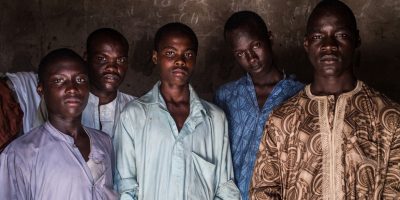
Evidence review
Gold Mining Pollution and the Cost of Private Healthcare: The Case of Ghana
To attract greater levels of foreign direct investment into their gold mining sectors, many mineral-rich countries in sub-Saharan Africa have been willing to overlook serious instances of mining company non-compliance with environmental standards. These lapses in regulatory oversight and enforcement…
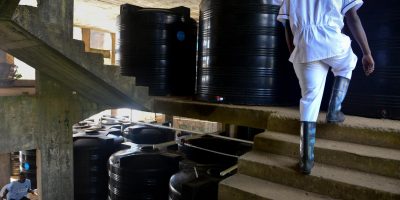
Evidence review
Outbreak of Unknown Origin in the Tripoint Zone
Guillaume Lachenal traces the urgent past of the current ebola outbreak, offering some surprising lessons about borders.
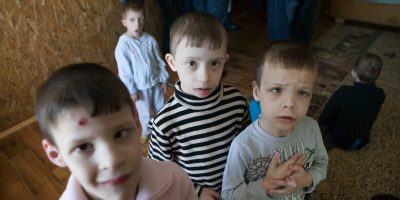
Evidence review
Medical Vulnerability, or Where There Is No Kit
Where there is no kit and no infrastructure, there is vulnerability. Peter Redfield explores the role of medical humanitarian response in the Ebola crisis.
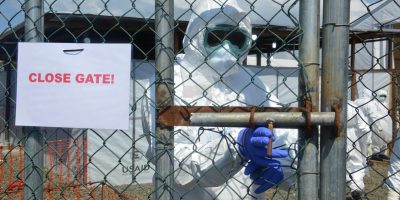
Evidence review
Ebola, 1995/2014
Nicholas B. King looks back at the dialectics of confidence and paranoia in the Ebola outbreaks of 1995 and 2014.
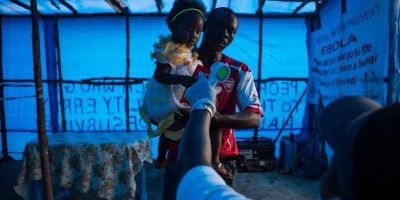
Evidence review
Frozen By the Hot Zone
Joanna Radin explores the role of the “hot zone” in immobilizing people, blood and information.


